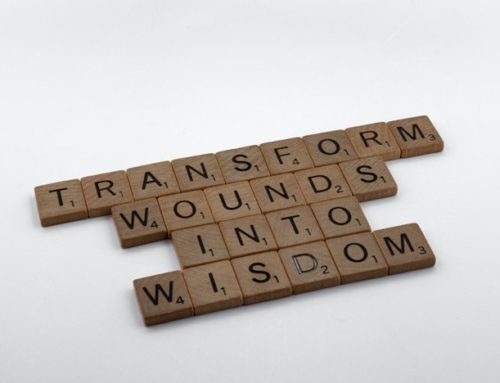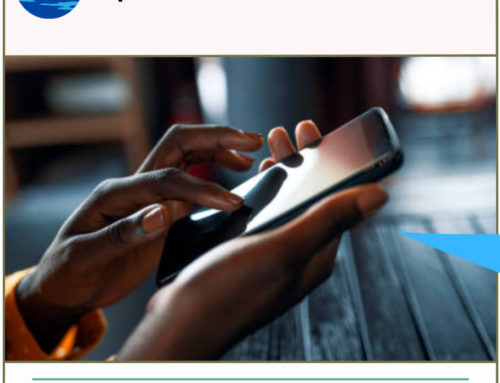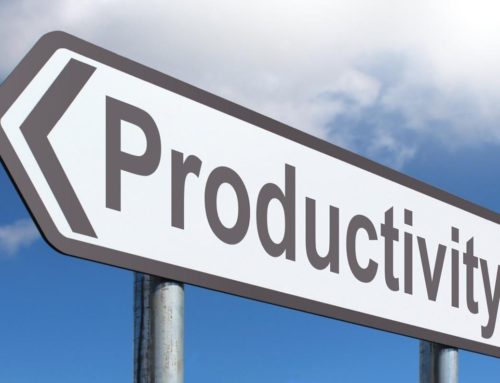In the midst of all the talk surrounding the distribution of the Coronavirus vaccine globally, things are looking up for a lot of us as we make it through the first months of 2021. In light of this advancement, a much-discussed pandemic topic has been surrounding productivity and the impact of the pandemic on the productivity of people at all stages of life. This includes students, working professionals, as well as parents and caregivers who must find ways of being productive outside the hours they are spending caring for their little ones. Many of us are facing a change in pace with our work and, in the process, comes the challenge of maladaptation. Moving forward, most of us face two types of challenges: 1. Getting back into our old workplace groove and 2. Grappling with continuing working under less than ideal conditions, such as working from home, locked in a room all day, and possibly with unreliable wifi. Regardless of who you are, productivity is vital to feeling a sense of satisfaction at the end of the day. So, let’s talk strategy.
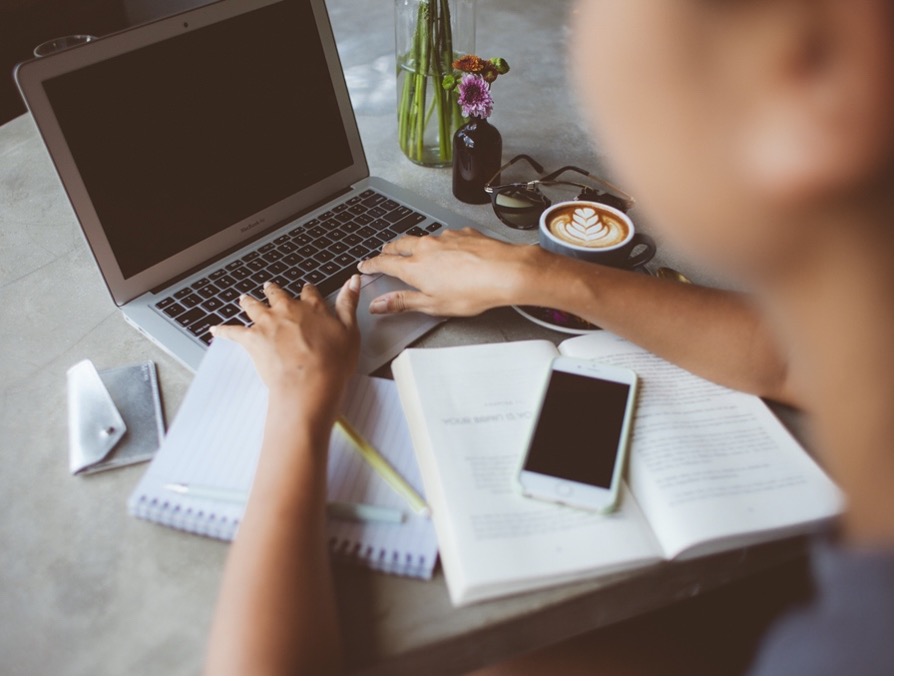
Wake ‘n’ Shake
If you find yourself downing cups of coffee and sacrificing sleep late at night, consider waking up earlier in the morning. Dr. Kanojia, a psychologist from HealthyGamerGG suggests studying and working early in the morning and provides three reasons why this is effective.
Firstly, as the day progresses, we are naturally going to be using up our energy for a lot of different things, even with simple chores around the house. Starting tasks first thing in the morning when you are full of energy would be ideal for doing your best work on your most important tasks.
Secondly, waking up around 5 has its specific benefits. According to Dr. Kanojia, evolution has made it so that mammals are the most active during dawn and dusk. This is due to our body’s circadian rhythm. Even many so-called ‘night-owls’ are creatures of habit, rather than nature, who adapted to working during night hours despite their natural rhythm. Thus, if you find that being a night owl interrupts your sleep or that your work hours have changed, it is worth considering changing your habits to try and match your body’s circadian rhythm. Though it is the case that if you’re a parent or caregiver that you’re more likely to have free time after the kids have gone to bed, alternatively, you can wake up to get things done before the kids wake up.
Lastly, getting work done first thing in the morning is beneficial because your mind is calmer compared to the end of the day. Throughout the day, our mind experiences a great deal of activity, stress and information overload. This can make it difficult for us to absorb information later in the day after several meetings, stressful social interactions, and other psychologically demanding events. Perhaps getting our most important work out of the way first then dealing with the rest of what our day will have in store for us might work better than doing it the other way around.

Better, not More
A little-known key to productivity is not to just do more work but also to do work more efficiently. It is unreasonable and unhealthy for any person, no matter how productive or accomplished, to set expectations that require them to work so many hours that they sacrifice their well-being. Productivity, for a lot of people, might not come in the form of doing more work, many of us are working a lot, already! Instead, the emphasis can be on targeting our most important work first. But how can we decide what should be prioritized? What we can do is a small task audit, referred to by a professional trainer in time management at the University of Oxford as the “Priority Matrix”. The Priority Matrix is a two-by-two grid that sorts out tasks into these categories: important-urgent, important-not urgent, not important-urgent, and not important nor urgent. Utilizing this may even show you that some things are not even worth doing, or can be done another day, if they are so far down your list. For example, something such as helping your children out with homework or cooking cannot be put off so they would fall into the “important and urgent” category. While emails that need to be attended to may be in the “important but not urgent” category.
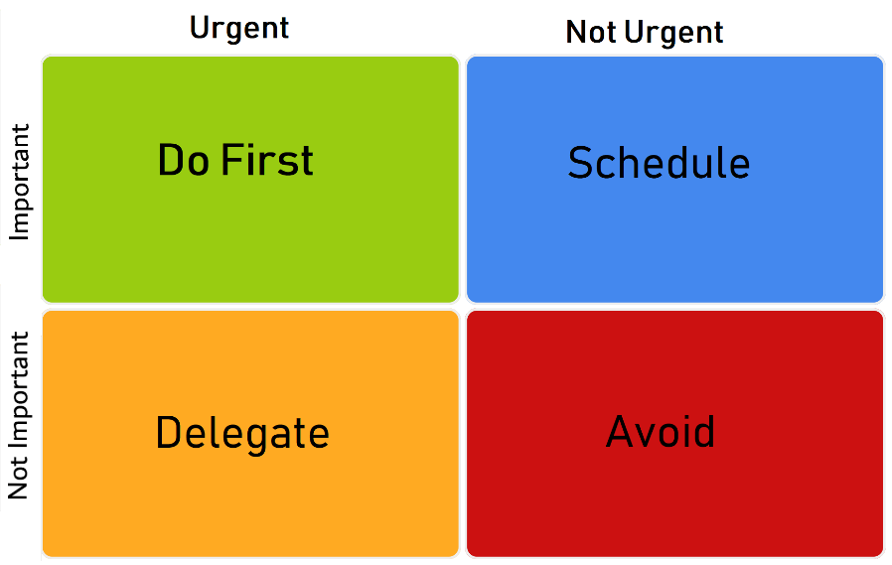
Work on Your Workspace
In order to be productive, sometimes we have to analyze every aspect of our functioning, including our workspaces themselves. Is your workspace the best it can be for you? Does it help in maintaining your concentration? Distractions in your workspace limit your productivity, and they can include eating, leisurely activities, or sleeping/resting.
When you are at home, almost everything can be a “distraction”, because at-home activities like eating, sleeping and leisure begin to intersect with work. However, keeping activities separate from each other fosters an ideal work environment. Psychology professor Marty Lobdell, author of Study Less, Study Smart, cites research at the University of Hawaii showing that we can condition ourselves to get into the zone by using the “lamp conditioning” trick. Specifically, this is tailored to those of us who have our workspaces integrated into other spaces, such as our living room or bedroom, instead of an office or a separate study room. The process involves having a lamp at your desk that is only to be used when you’re working or studying. The moment you stop being productive, you turn the lamp off and get up off your desk. When you’re ready to work again, you sit down, turn the lamp on, and continue working. Data collected from an experiment studying this conditioning process showed that students who used it were an entire grade point higher than those who did not. This is due to us responding to becoming familiar with, environmental cues. In this case, our work area is going to condition us to respond to its cues (e.g. the lamp) by signalling to us that it’s time to start working.
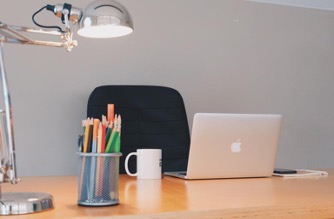
The pandemic has shown us a lot about our lives, our resilience, and our ability to adapt. Another key thing that’s been highlighted for us is how we spend our waking moments. Whether we are working, studying, engaging in self-care, or caring for little ones, it often seems like we’re hard-pressed for time. Through some organizations using the techniques above, you may find that you are wealthier in time than you realize. This brings to mind a quote: “Either you run the day or the day runs you.”


